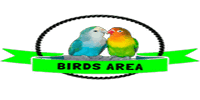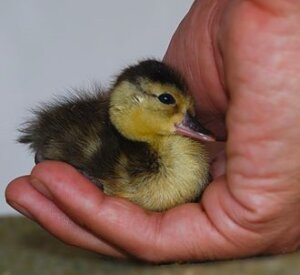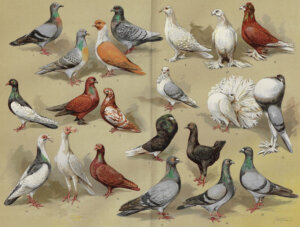Can Madagascar Pochards Eat Carrots? Unveiling the Truth
Madagascar Pochards are rare ducks found in Madagascar. Can they eat carrots?
Yes, Madagascar Pochards can eat carrots, but it’s not their main food. Madagascar Pochards live in freshwater lakes. Their diet includes small fish, insects, and plants. Carrots are not common in their natural habitat. However, in captivity, they might eat carrots as a treat.
Carrots offer some nutrients, but they do not replace their regular diet. In the wild, they need a balanced diet to stay healthy. So, while they can eat carrots, it’s not what they usually eat. Understanding their diet helps in their conservation. It ensures they get the right food for survival.

Credit: friendsofbosquedelapache.org
Madagascar Pochards: A Brief Introduction
The Madagascar Pochard is a rare and fascinating species of duck. Known for its unique characteristics, this bird is a subject of interest for many. Understanding its habitat, physical traits, and diet can help in its conservation. Let’s explore more about this remarkable bird.
Habitat And Distribution
Madagascar Pochards live in freshwater lakes. These lakes are surrounded by dense vegetation. The birds are native to Madagascar. They are found mainly in the northern regions. Their habitat includes marshes and shallow waters. The environment is crucial for their survival. They rely on specific plants and insects for food.
Physical Characteristics
Madagascar Pochards have distinct physical traits. They are medium-sized ducks. Males have a rich, chestnut-brown plumage. Females are slightly duller in color. Both sexes have white eyes. Their beaks are dark and slightly curved. They have strong legs and webbed feet. These features help them swim efficiently.
Diet Of Madagascar Pochards
The Madagascar Pochard is a rare and fascinating diving duck. Its diet has intrigued bird enthusiasts and researchers alike. Understanding its dietary habits is key to its conservation. Let’s explore the diet of Madagascar Pochards in detail.
Natural Food Sources
Madagascar Pochards thrive on a variety of aquatic foods. They typically consume insects, larvae, and small fish. They also eat aquatic plants and seeds. These birds dive to forage from the lake bottom. Their diet is rich and diverse in their natural habitat.
Dietary Adaptations
Madagascar Pochards have unique dietary adaptations. Their beaks are designed for diving and foraging. They can extract food from underwater plants and soil. This adaptation helps them find food in different environments. It also allows them to survive in changing conditions.
Regarding carrots, these ducks might nibble on them. But carrots are not a natural food source for them. They prefer their natural diet. Offering them a balanced diet is crucial for their health.
Carrots As A Food Source
Carrots as a food source for Madagascar Pochards is an interesting topic. Carrots offer many benefits. They are readily available and full of nutrients. But are they suitable for these ducks?
Nutritional Value Of Carrots
Carrots contain vitamins A, C, and K. They are also rich in fiber and antioxidants. These nutrients support good health. The high water content in carrots helps with hydration. Carrots are low in calories, making them a healthy snack.
Common Uses In Animal Diets
Many animals eat carrots. Rabbits, guinea pigs, and horses enjoy them. Zoos often feed carrots to various animals. They are a common treat due to their taste and nutrients. Carrots can be chopped or grated for smaller animals.
Feeding Madagascar Pochards carrots is less common. These ducks usually eat aquatic plants and insects. They prefer natural food sources found in wetlands. Carrots may not be ideal for their diet.
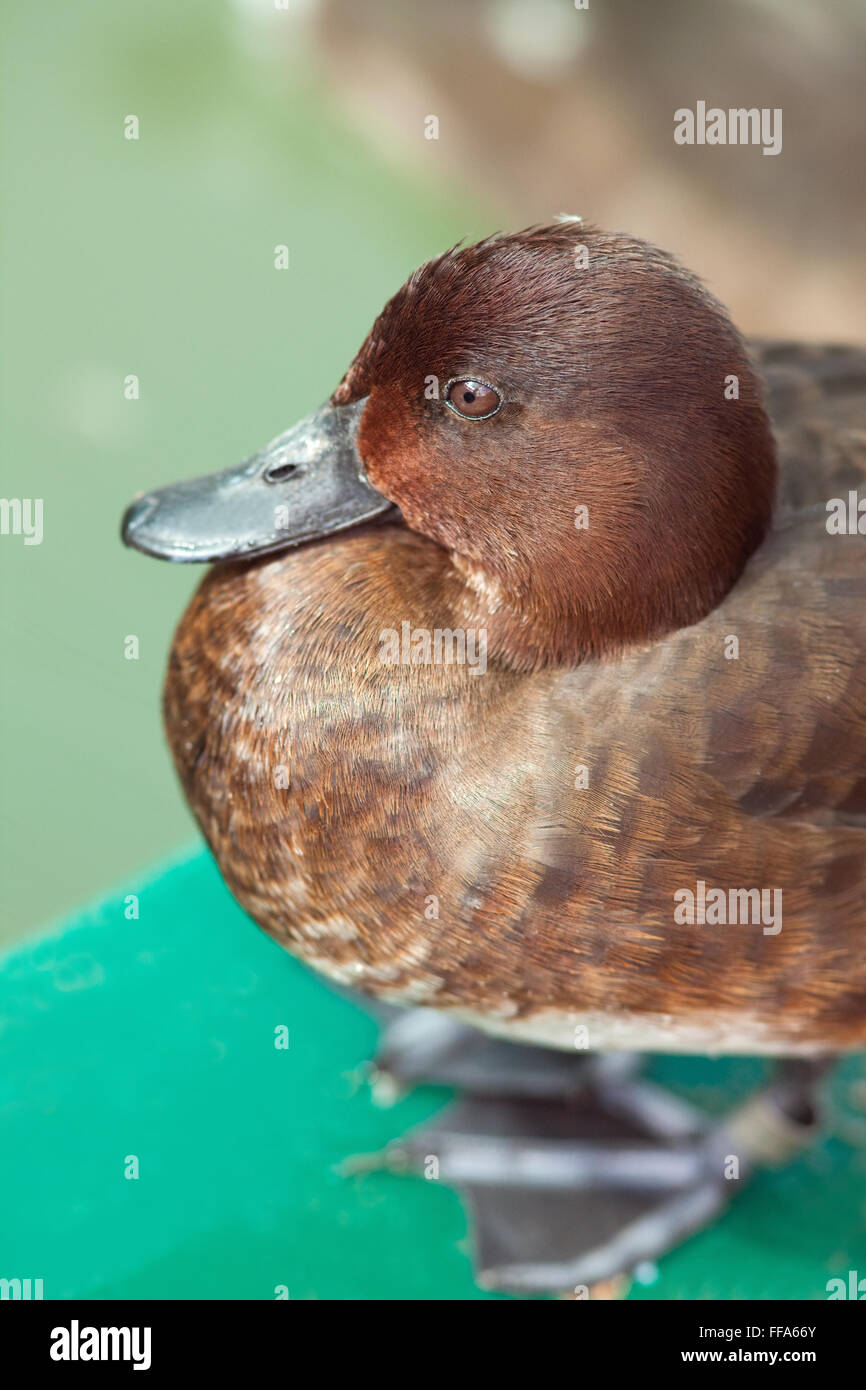
Credit: www.alamy.com
Can Madagascar Pochards Eat Carrots?
Can Madagascar Pochards eat carrots? This question arises among bird enthusiasts. These diving ducks, native to Madagascar, have unique dietary needs. Understanding their diet is crucial for their conservation. Let’s explore if carrots are suitable for them.
Scientific Studies
Few scientific studies focus on Madagascar Pochards’ diet. Researchers have found these ducks primarily eat aquatic invertebrates. They also consume seeds and small fish. Carrots, being root vegetables, are not a natural part of their diet. Studies suggest their digestive system is adapted to their natural food sources.
Expert Opinions
Experts agree that Madagascar Pochards should stick to their natural diet. Ornithologists recommend providing food that mimics what they find in the wild. Carrots might not offer the necessary nutrients these ducks need. Feeding them carrots could disrupt their digestion. Experts suggest maintaining their diet for their health and survival.
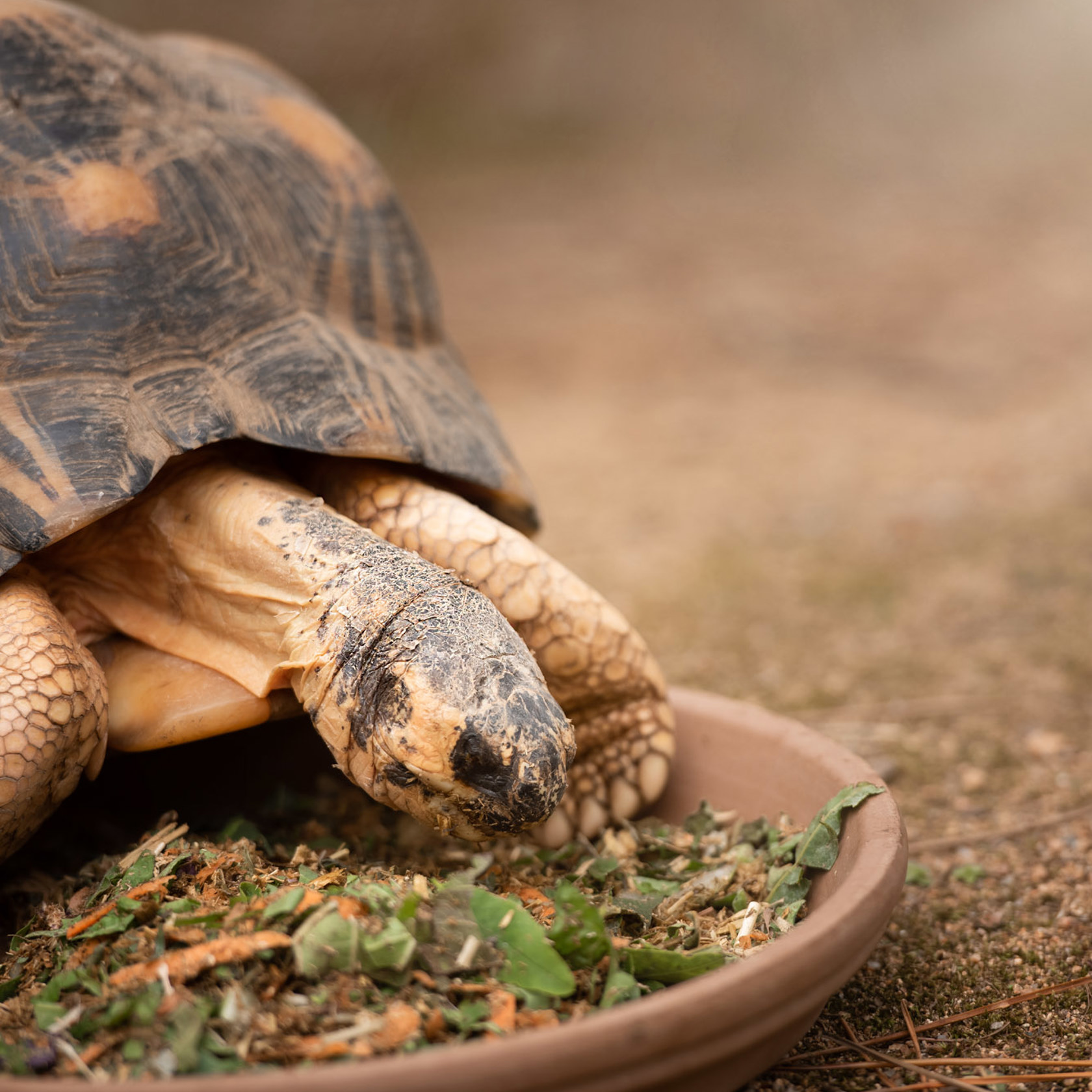
Credit: www.durrell.org
Frequently Asked Questions
Can Madagascar Pochards Eat Carrots?
Madagascar Pochards can eat carrots, but it is not their natural diet. Their primary diet consists of aquatic invertebrates and plants.
Are Carrots Safe For Madagascar Pochards?
Yes, carrots are safe for Madagascar Pochards in small amounts. However, they should not be a main food source.
What Do Madagascar Pochards Typically Eat?
Madagascar Pochards typically eat aquatic invertebrates and plants. They thrive on a diet found in their natural wetland habitats.
Can Carrots Benefit Madagascar Pochards’ Health?
Carrots can provide vitamins, but they are not essential for Madagascar Pochards. Their natural diet is more suitable for their health.
Conclusion
Madagascar Pochards enjoy a varied diet in the wild. Carrots can be included in their meals. These ducks can benefit from the nutrients in carrots. Always ensure carrots are chopped into small pieces. This helps them eat easily. It’s important to provide a balanced diet.
Variety ensures they stay healthy. Observing their eating habits can be helpful. This way, you know what they prefer. Proper diet keeps Madagascar Pochards happy.
Hello Dear, I'm Poli Kolymnia, owner of many birds (including budgies).
With a deep passion for these feathered companions, I'm here to share my expertise and extensive knowledge on birds care.
My articles cover essential topics like diet, housing, care, and health, providing practical tips to help you create a happy and thriving environment for your birds.
